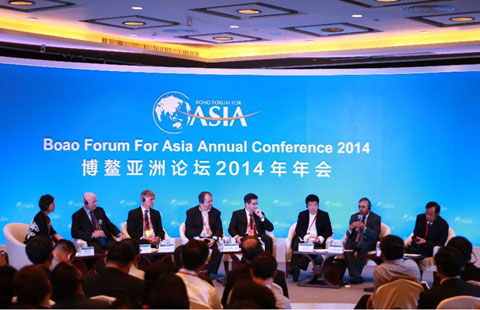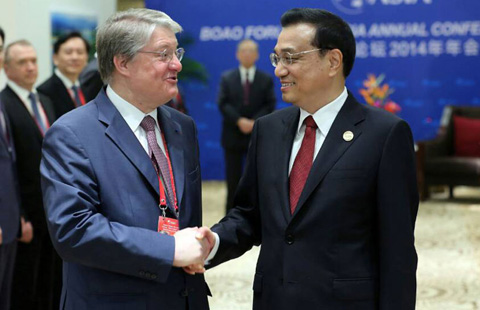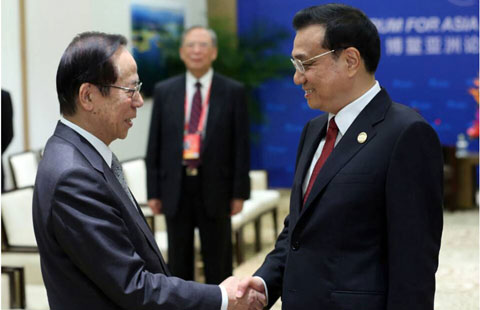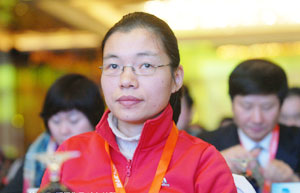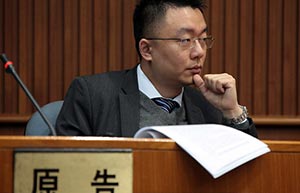State councilor urges cooperation in Silk Road projects
By Pu Zhendong and Zhao Yanrong in Beijing, and Zheng Yangpeng in Boao, Hainan (China Daily) Updated: 2014-04-11 06:31"It reflects the global rediscovery of ancient Asian civilizations and their current development potentials, as well as the new trend of cooperation between East and West against the backdrop of polarization and globalization," he said.
Vassilios Costis, the Greek ambassador to China, said the Silk Road Economic Belt project will not only produce more opportunities for economic cooperation and trade, but also will enhance the construction of public facilities, including energy pipelines, in all participating countries.
|
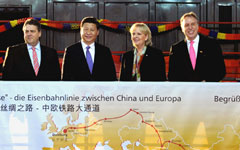 |
|
 |
Last year, trade volume between China and countries on the new initiatives reached $1 trillion, accounting for one-fourth of China's total foreign trade turnover.
However, Yang said a "trust deficit" among Asian countries has been stunting the interconnection of the continent.
"Trust should be built on the foundation of respect for history, the path of peaceful development and respect for each other's core interest and major concerns," Yang said.
He said the Silk Road has built confidence in Asia's development, with diversity and pluralism being the continent's characteristics and advantages.
"Every civilization on the Silk Road is growing on its own soil and following its own development path, and is equal and unique. There is no need for uniformity," Yang said. "Only based on diversity can businesspeople supply each other's needs and can intellectuals communicate, making the world a colorful place."
Xiao said there are also some challenges to the projects. "For instance, the security issue in Central Asia may threaten the safety of railway construction and transportation along the Silk Road in the future."
- Li stresses cross-Straits harmony
- Global economy needs bold action to solidify growth
- Mercedes to unveil all-new CLA at Auto China 2014
- Recent yuan's depreciation within 'normal' range
- China's March PPI down 2.3%
- Dahe Spring Auto Show opens in Henan
- China's inflation up 2.4% in March
- China trying for regional trade pact by 2015: Premier

